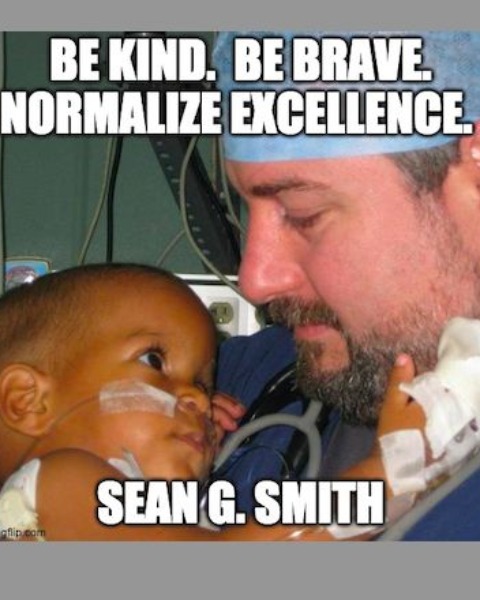Leveraging Psychological Safety and High-Yield Pedagogy to Build LMIC Pediatric CCM Capacity
-

Sean Smith, MSc, CCRN, , CFRN
Flight Nurse-Paramedic / Critical-Care Emergency Medicine QI Facilitator
n/a
Durham, North CarolinaDisclosure information not submitted.
-
MS
Marissa Seepersaud, MD
Department Head Pediatric Surgery / Critical-Care Medicine
GPHC / Guyana Flying Health Services
Durham, North Carolina, United StatesDisclosure information not submitted.
First Author(s)
Co-Author(s)
Title: Leveraging Psychological Safety and High Yield Pedagogy to Build LMIC Pediatric CCM Capacity.
Introduction: Pediatric Critical-Care Medicine (PCCM) in Guyana is in its naissance. There are no organic in-country Fellowships. Furthermore, operational constraints restrict opportunities for lengthy training pipelines. We constructed a novel student-centered Micro-Modular Fellowship that would allow physicians to gradually acquire cumulative PCCM expertise through both standardized curriculums (PFCCS-I, PALS-I, NRP, etc.), as well as bespoke courses such as Mechanical Ventilation, Point Of Care Ultra Sound (POCUS), etc. Key elements in optimizing both educational and clinical outcomes included Psychological Safety and High Yield Pedagogy.
Methods: Our High Yield Pedagogy approach primarily utilizes key concepts from U.S. Navy Aviation and U.S. Special Operations Medicine to optimize rapid knowledge acquisition and translation into clinical practice. In all curriculums, we culminated with clinician-student driven scenario based training (SBT) exercises in which each student was required to effectively conduct training in an environment emphasizing Psychological Safety, Dynamic Process Improvement and a continuum of 360 degree feedback mechanisms.
Results: In addition to staffing the opening of the first Pediatric Intensive Care Unit in Guyana, we were able to achieve sustainable self-sufficiency in Pediatric Critical-Care Medicine by building a cadre of Clinician-Educators. We certified dozens of Instructors in PFCCS, PALS, and topics such as Lung Protective Mechanical Ventilation. Furthermore, the Professional Development of many of these Guyanese Clinician-Educators has been enhanced by numerous academic collaborations, conference presentations, and publications. Lastly, these educational outcomes dynamically translated into clinical Quality Improvement through the development of formal Clinical Practice Guidelines, Decreased Length of Stay, improved Resuscitation Outcomes and a rapid upscaling of human Critical-Care Medicine capital to meet Guyana’s initial surge of SARS-CoV2 patients.
Conclusions: High Yield Pedagogy utilizing Psychological Safety in the context of Micro-Modular Fellowships is an effective mechanism to promote sustainable pediatric critical-care medicine (PCCM) capacity and optimize complex clinical outcomes under time constrained operating conditions in Low Middle Income Countries.
